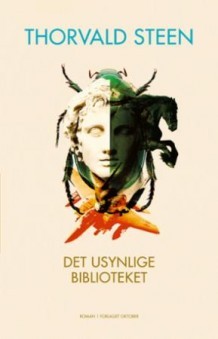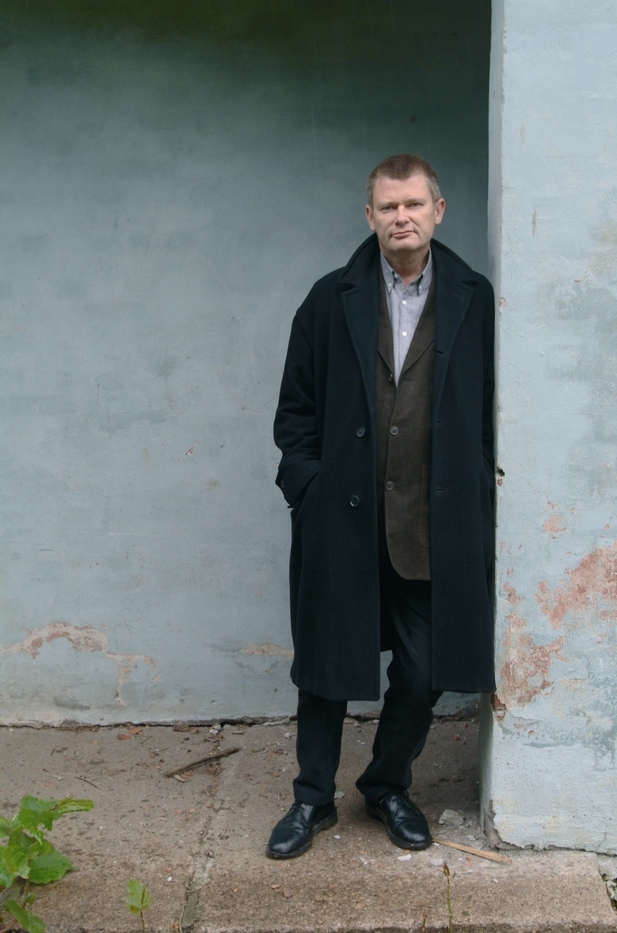
The year is 323 bce. King Alexander of Macedonia—Alexander the Great—lies paralyzed by poison in his palace in Babylon. He is thirty-two years old, had Aristotle as a mentor, and is the greatest military commander the world has ever seen. At the other end of the palace, Phyllis, a cook for Alexander’s army, sits locked in a room, arrested on suspicion of being the poisoner. All of her adult life she has lived in the field—and for a long period of time was Alexander’s lover. Who has poisoned the king? Phyllis is allowed to live as long as she writes down everything she knows about Alexander. She tells a brutal story of the violent daily life in the war, about the planning of the expansion into the Arabian Peninsula, about an invisible library containing marvelous manuscripts and discoveries, and about the passion between a cook and a king. With The Invisble Library, Thorvald Steen interweaves known and unknown, relying on facts until they run out, then building his story on what is probable, to tell the story of a little-known period in the life of one of the most renowned figures in history. The result is an existential and inspired novel that goes to the heart of the human experience—who are we in war, in love, during the final days of life?
Author

Thorvald Steen is a Norwegian writer. He made his literary debut in 1983, and has subsequently published a wide range of novels, plays, collections of poems, books of short stories, children’s books and essays. He has distinguished himself as one of Norway’s leading internationally-oriented writers. His Norwegian breakthrough came in 1992 with a cycle of poems, Ilden (The Fire) and shortly afterward he achieved international recognition with his creative historical novels Don Carlos (1993), Giovanni (1995), Constantinople (1999), The Little Horse (2002), Camel Clouds (2004) and Lionheart (2010). In 2006 Steen wrote the coming-of-age novel The Weight of Snow Crystals, which was followed in 2008 with the freestanding sequel The Longest Leap. Steen’s work is translated into more than 20 languages and he has received several literary prizes, both at home and abroad. In 1993 he received Gyldendals legat (Gyldendal's Endowment). The Belgian newspaper Le Soir declared Don Carlos one of the five best novels translated into French in 1996. The newspaper Clarin in Argentina chose Steen as “Best new writer” for Don Carlos the same year. In 2001 he received the Norwegian Dobloug Prize for his entire work. The novel Camel Clouds was elected novel of the year by the Turkish newspaper Bir Gun in 2006 and won the Slovak Jan Holly Award in 2007. In 2006 Steen received the Comenius Medal from the University of Bratislava for his historical novels, and in 2010 he received the Thomsen Prize. Steen was the chairman of The Norwegian Authors' Union (1991–97) and he has been an honorary member of the union since 1997. He has also been Chairman of the Board in Norla (Norwegian Literature Abroad) since 1997 and a member of the Board of PEN since 2003. In 2004 he received a Governmental Stipend from the Norwegian Minister of Culture.